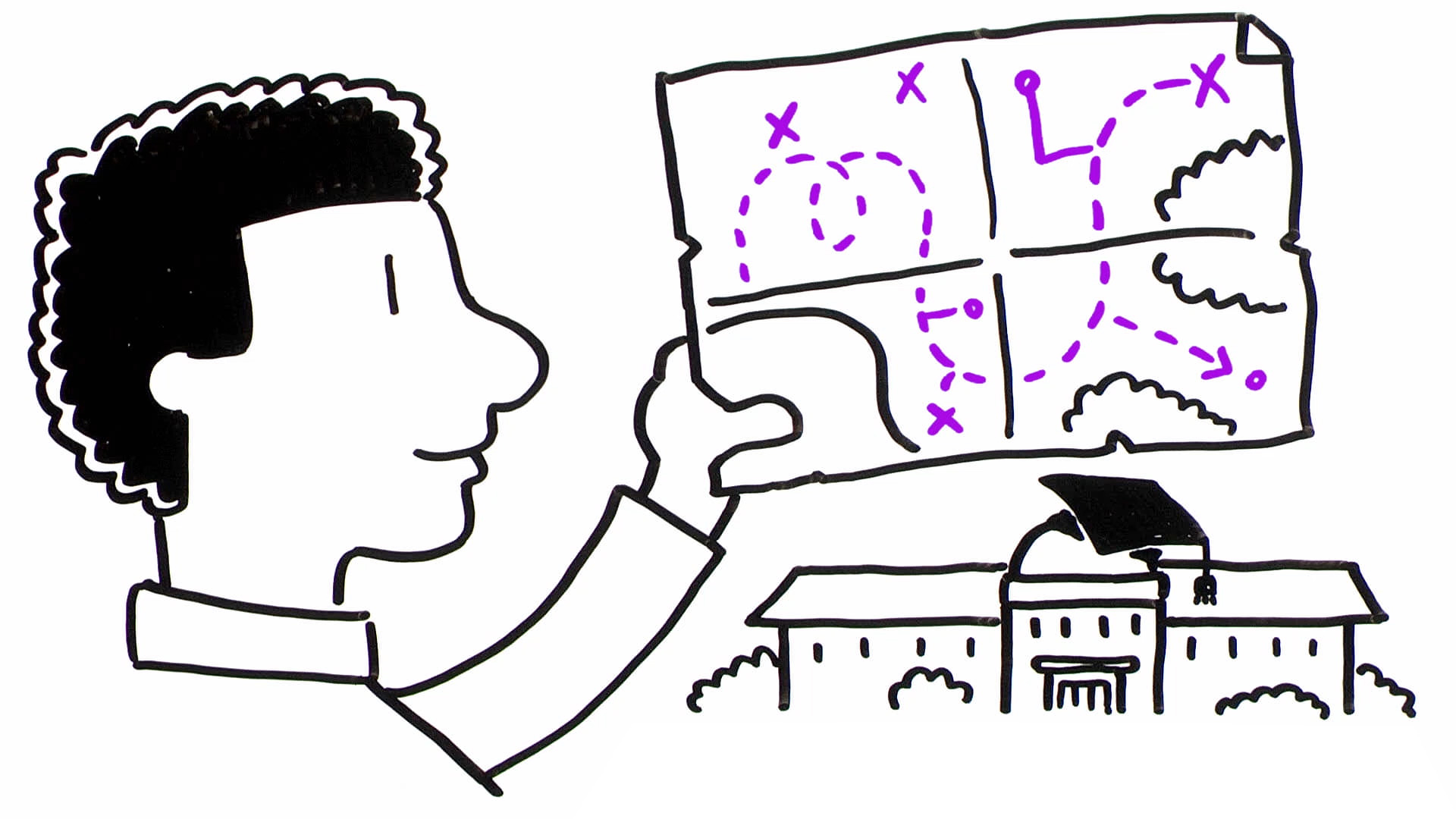The reality of graduate and postdoctoral training today is very different from the environment into which many faculty, and even postdocs, entered when they began their academic careers. Many grad students and postdocs today know that they will not continue onto tenure-track positions.
 We know that the changing realities of the biomedical workforce place faculty in a difficult position. Many mentors wish to support their trainees as they consider and explore their career options, but have limited time and tools to do so.
We know that the changing realities of the biomedical workforce place faculty in a difficult position. Many mentors wish to support their trainees as they consider and explore their career options, but have limited time and tools to do so.
We invite you to contact us at [email protected] with any questions about the MIND program, or the career paths available to biomedical trainees.
Faculty FAQs
- Will participation in MIND negatively impact trainees' research productivity?
- Is MIND an "alternative careers" program? Are you encouraging trainees to leave academia?
- My trainees are already overburdened with multiple, demanding priorities. Is MIND a good use of my trainees' time?
- Do I have to pay for my trainees to participate in this program?
- Does this affect international scholars differently than other trainees?
- Does participation in the MIND Program qualify as time spent on career development activities for my trainees, as dictated by the NIH?
Will participation in MIND negatively impact trainees' research productivity?
92% of our MIND alumni reported that their participation in MIND either had no effect or improved their productivity in research (Cohorts 1-4, n=210).
For the peer-team phase, participants will meet for 2 hours twice a month. Informational interviews should be performed on participants' own time.
Is MIND an "alternative careers" program? Are you encouraging trainees to leave academia?
No. MIND is a career exploration program, and is career neutral. In fact, the majority of our participants are considering careers within and outside of academia simultaneously.
We encourage participants to gather information and speak to professionals in all of their careers of interest. In fact, our MIND alumni include newly minted tenure-track faculty members!
My trainees are already overburdened with multiple, demanding priorities. Is this program a good use of my trainees' time?
Our data argue that YES, the MIND Program is a good use time for trainees.
92% of MIND participants reported no change or improved productivity in their research program (years 2014-2018, n=210).
Moreover, 87% reported greater satisfaction with their training at UCSF as a result of their participation in MIND (years 2014-2018, n=209).
MIND alumni frequently tell us that they apply the skills that they gain in MIND (setting SMART goals is a frequent practice in their peer team meetings) to more efficiently plan and evaluate their research questions.
Do I have to pay for my trainees to participate in this program?
From 2013-2018, MIND was funded by the NIH BEST program, and is offered to eligible graduate students and postdocs at no cost to our faculty. After the grant period, MIND will continued to be offered to students and postdocs at no additional cost to their faculty mentors.
Does this affect international scholars differently than other trainees?
International scholars (students and postdocs) are equally eligible for the MIND program.
Does participation in the MIND Program qualify as time spent on career development activities for my trainees, as dictated by the NIH?
Yes, the MIND program qualifies as allowable time spent on career development for NIH funded trainees.
